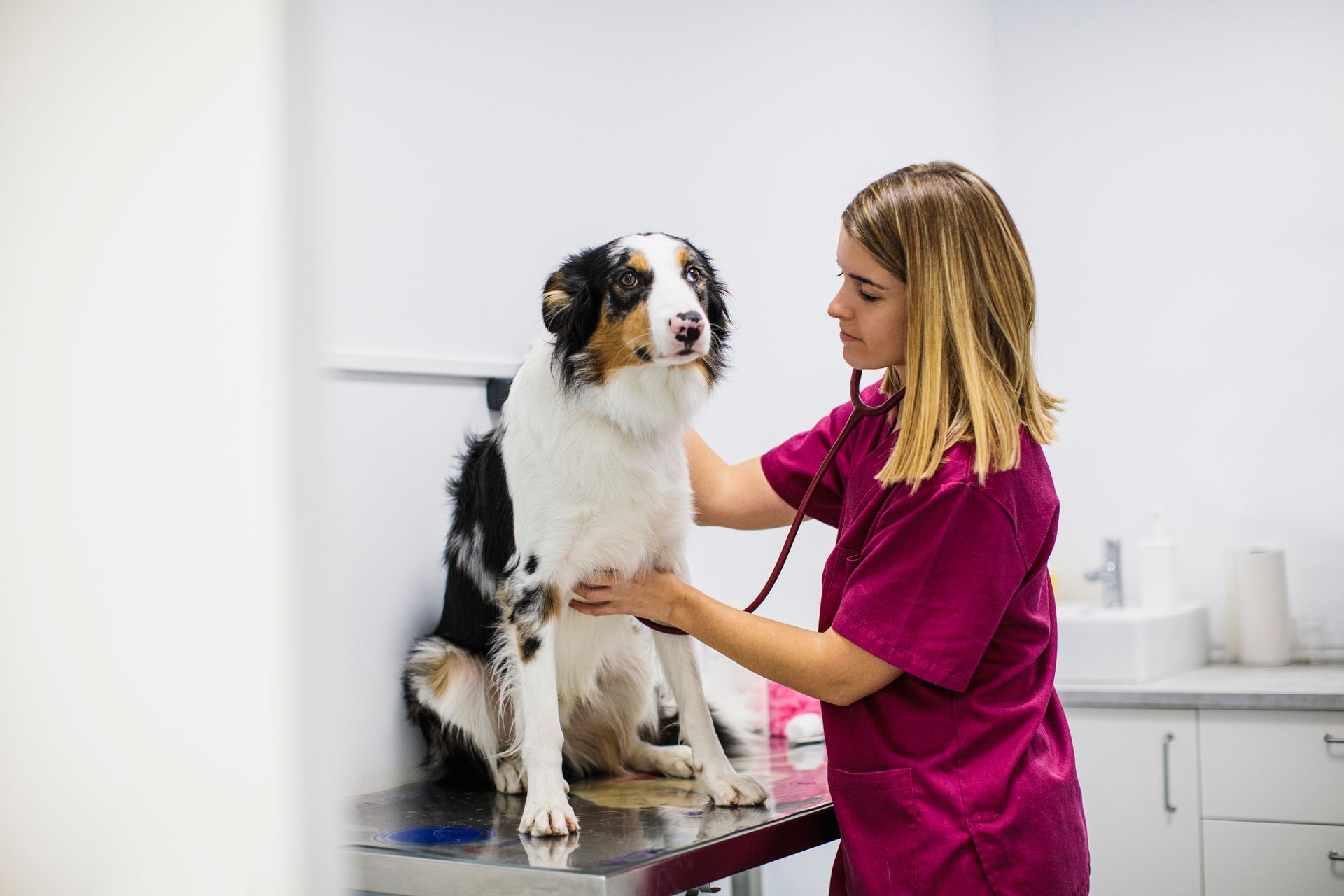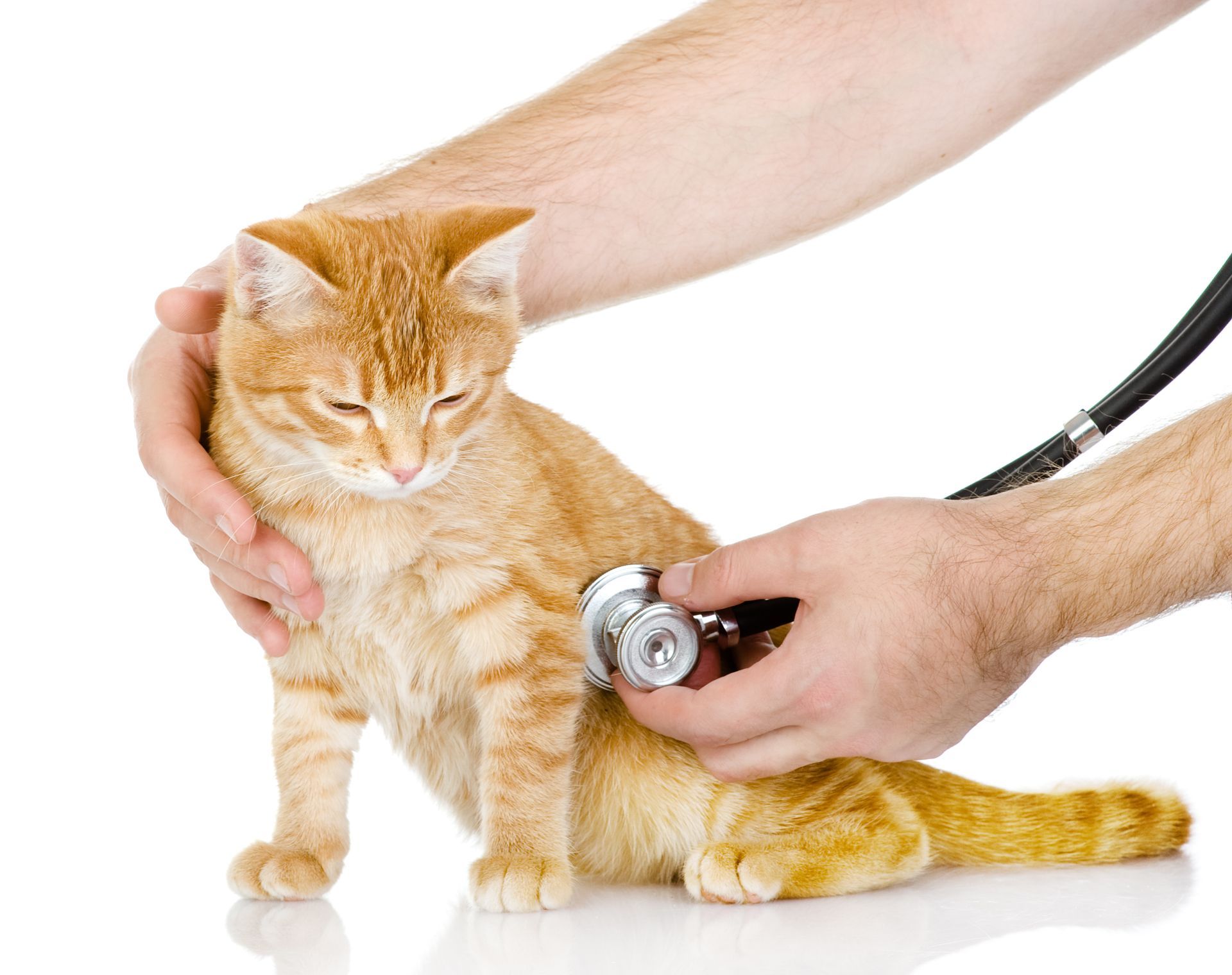What Can Fleas Do to Your Family Pet?

If you've ever been bitten by a flea, you likely know how annoying they can be. However, fleas are also responsible for other complications, such as the actual Bubonic Plague. If your pets have fleas, and you wonder if you should get rid of them, check out these four complications fleas can cause for your family pet.
1. Dermatitis
One common sign of fleas is scratching because each time a flea bites your pet, it causes itching. However, some animals are actually allergic to flea bites, so even when the fleas don’t bite, your dog or cat may be severity itchy. The flea saliva, in particular, causes the problem. When fleas bite, they release enzymes, amino acids, and other compounds that act like histamines.
These animals usually scratch more often and for long amounts of time. The scratching may be so severe that it causes hair loss, rough patches of skin, bleeding, and scabs. Getting rid of your pet's fleas is the first step, but the itching may continue for weeks after the last flea bite.
2. Hot Spots
If the itching is in one area, won't stop itching, or is infected, this can lead to a hot spot. While hot spots can be from other factors, one leading cause is flea allergy dermatitis. A hot stop is a severely itchy area of your pet that they will not stop biting or scratching, which only exacerbates the problem, especially if they break the skin.
Hot spots commonly appear on the pet's limbs, head, and hip, and in some cases, they can lead to a moist patch of skin or oozing pus. Treatment will likely require a trip to the vet to get some antibiotic topical creams or oral medication to kill the infection. Even after treatment, you'll need to take preventative measures to keep your pet free of fleas so they don't get another infection.
3. Internal Parasites
Fleas are a type of parasite that lives on the outside of the body to feed off blood for nutrients. However, these jumping parasites can also pass along internal parasites, particularly tapeworms. The parasites get into your pet when they accidentally consume a flea during grooming. Once inside, the parasite begins to reproduce.
The tapeworm stays in the digestive tract by clinging to the wall of the intestines to feed. One common sign of tapeworm is small segments of worms in your animal's feces. The worms are about the size and shape of a grain of rice, and they may wiggle.
If another animal eats the feces and worms, they can also become infected. Getting rid of internal parasites like tapeworms involves getting the right medicine from your vet to kill the parasite. Your pet will still have to pass the dead tapeworm.
4. Infectious Diseases
Finally, fleas can even make your pet sick by spreading infectious diseases. One of the most common in cats is bartonellosis, but it has become more common in dogs. In many cases, the disease presents with no symptoms, but your pet may be lethargic, have a fever, or develop neurological dysfunctions. Treatment involves antibiotic therapy, but this may not cure the infection.
Rickettsia felis is another possible disease that fleas spread. It can affect both dogs and cats, but it is usually only in animals that have had frequent exposure to affected feeding fleas. Luckily, the condition usually responds well to treatment with antibiotics.
Fleas can make your pet's life miserable, but they can also spread parasites and diseases to your pet and you. By keeping your pet flea-free, you can avoid many health complications to ensure your pet stays with you longer. If you would like to know more, contact us at Angel Pet Hospital.

















